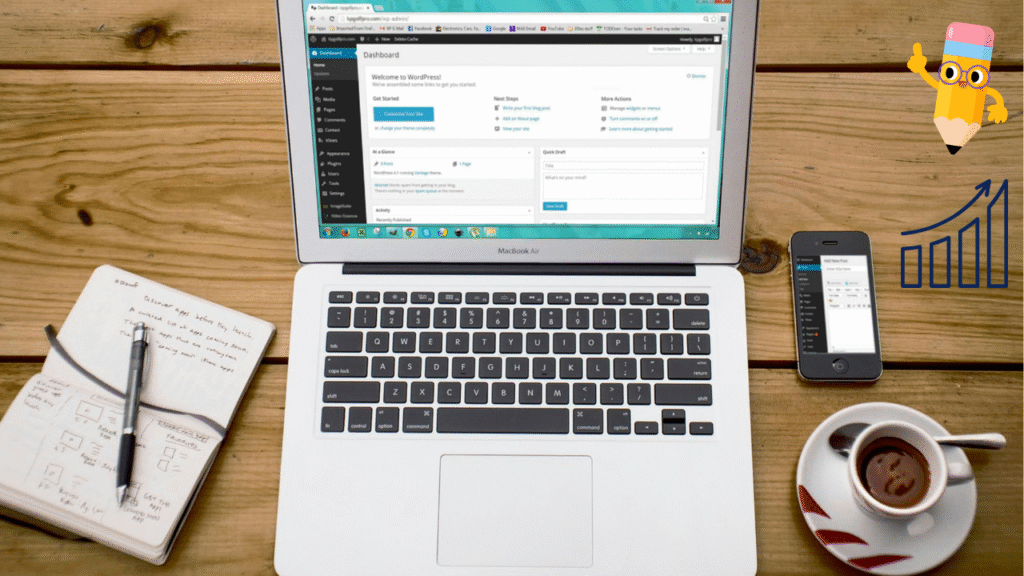A slow WordPress website can frustrate visitors, hurt your SEO rankings, and cost you conversions. The good news? You don’t need to be a tech expert to speed things up. And your hosting choice plays a big role in speed. If you haven’t already, learn how to choose fast hosting for better speed. Moreover, this beginner-friendly guide will walk you through practical, effective steps to make your site faster today.
Why Website Speed Matters
- User Experience: 40% of visitors abandon a site that takes more than 3 seconds to load.
- SEO: Google uses speed as a ranking factor.
- Conversions: Faster sites have higher conversion rates.
Step-by-Step Guide to Speed Up WordPress
1. Choose a Fast Hosting Provider
Your hosting provider is the foundation of your site’s speed. Avoid cheap, overcrowded shared hosting.
✅ Recommended:
- SiteGround (Great balance of speed and support)
- Cloudways (Managed cloud hosting for scalability)
2. Use a Lightweight Theme
Avoid bloated themes with excessive features. Stick to lightweight, well-coded themes like Astra, GeneratePress, or Kadence.
3. Install a Caching Plugin
Caching creates static versions of your pages to reduce server load. This is one way to improve performance—another is using SEO tools that also monitor site performance.
✅ Recommended Plugin:
- WP Super Cache (Free and easy)
- W3 Total Cache (More advanced features)
4. Optimize Images
Large images are a common cause of slow loading.
✅ Tips:
- Compress images before uploading using ShortPixel or Imagify.
- Use WebP format for better compression.
5. Use a Content Delivery Network (CDN)
A CDN serves your content from servers around the world, reducing load times for international visitors.
✅ Recommended:
- Cloudflare (Free plan available)
- StackPath
6. Clean Your Database
Remove unnecessary data like post revisions, spam comments, and transient options.
✅ Plugin to Use:
- WP-Optimize (Easy and safe cleanup)
FAQ
Q: How can I check my website speed?
A: Use free tools like GTmetrix, Google PageSpeed Insights, or Pingdom.
Q: Will these steps work for non-technical users?
A: Absolutely. This guide is designed for beginners.
Conclusion
Speeding up your WordPress site doesn’t require advanced skills—just the right steps. Start with quality hosting, a lightweight theme, and a caching plugin. Then, optimize your images and consider a CDN. Regularly monitor your speed to ensure ongoing performance.

